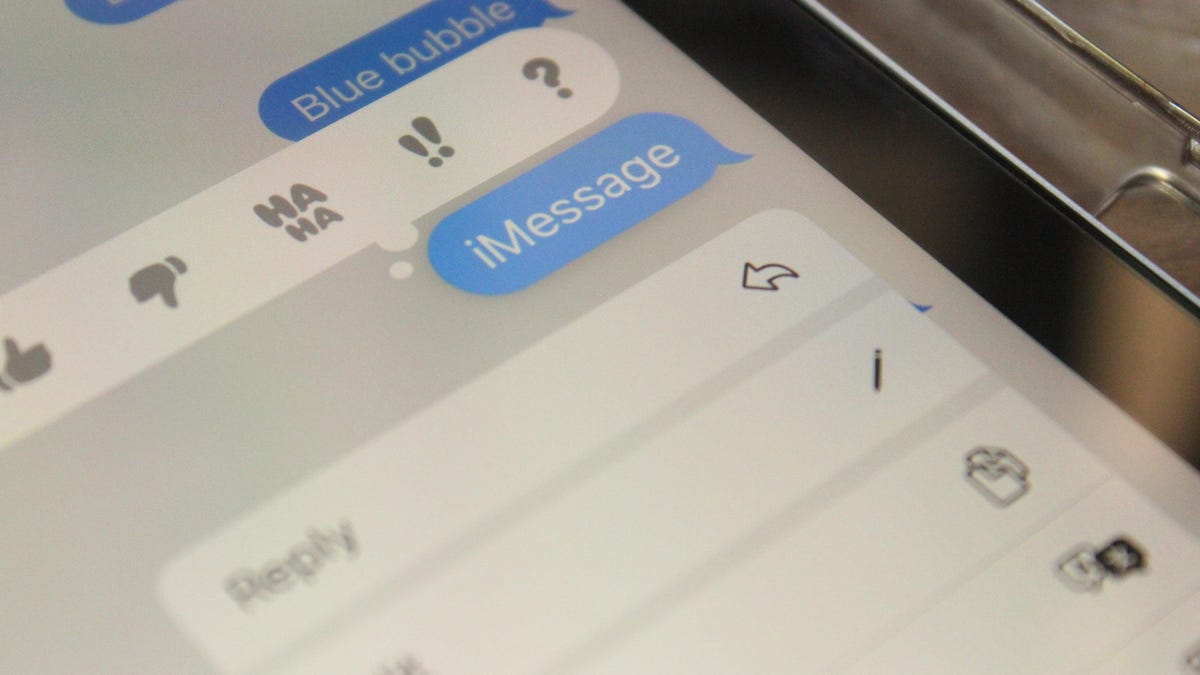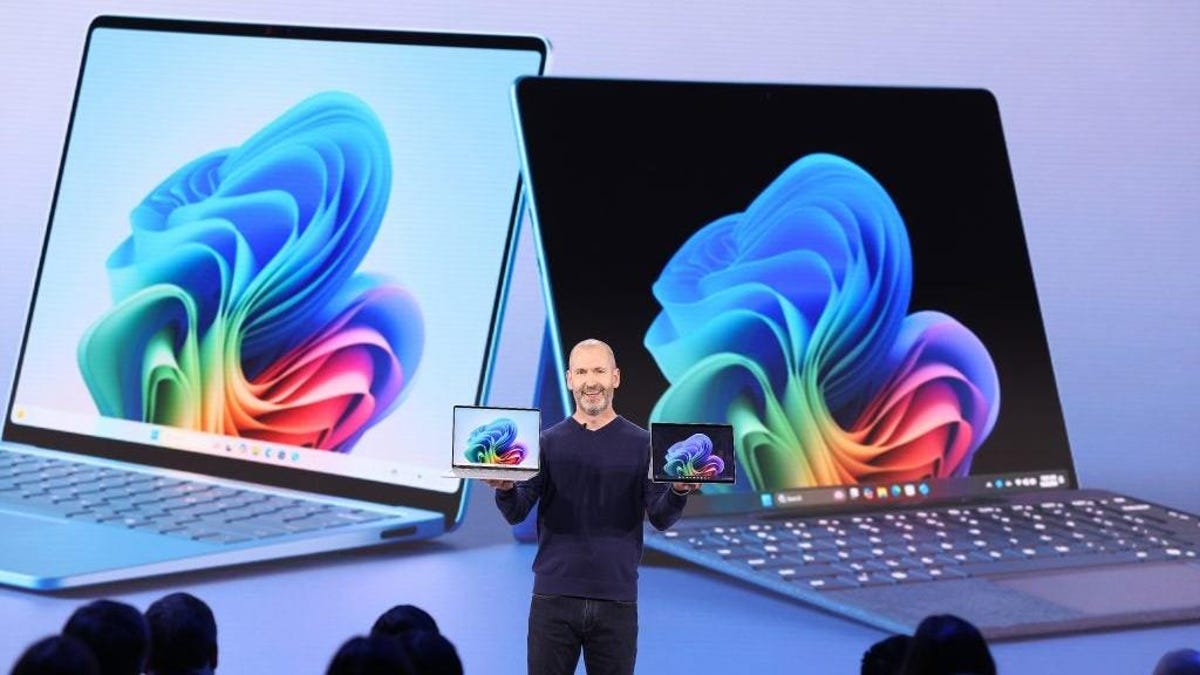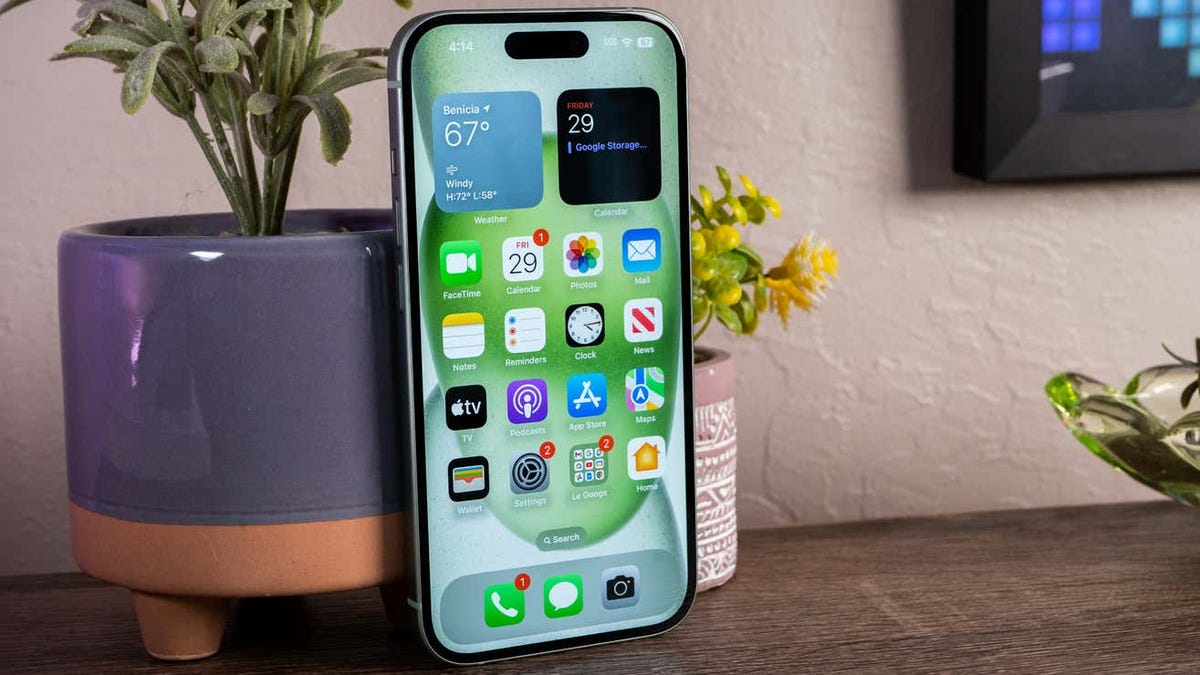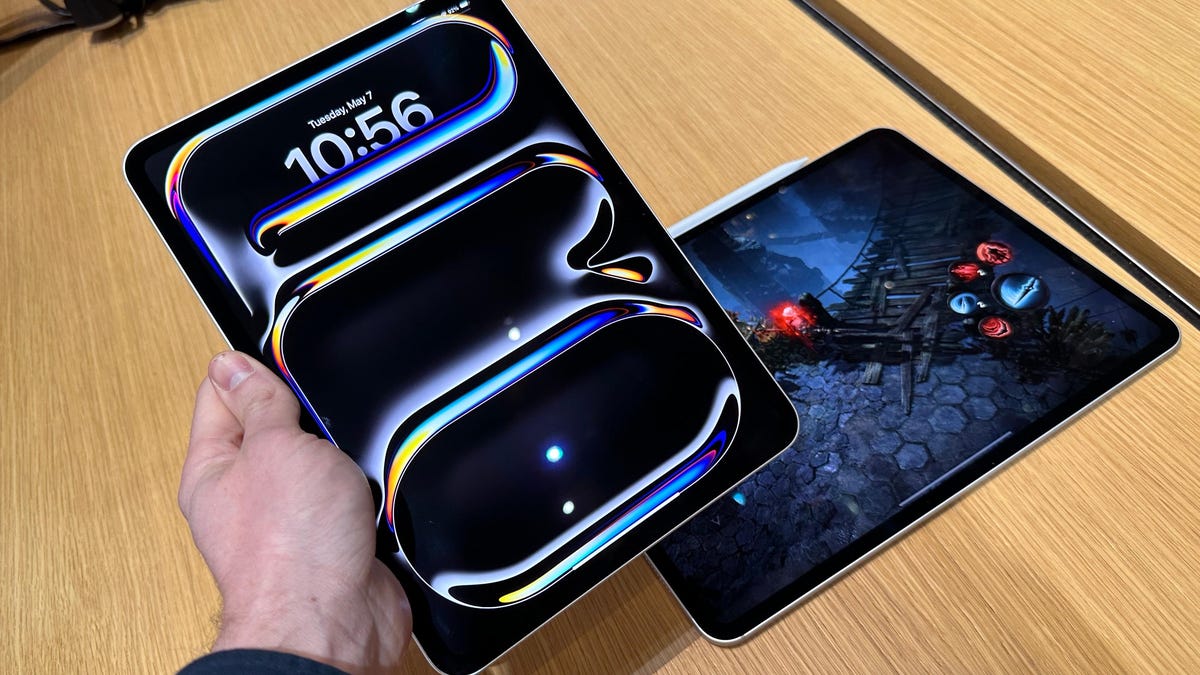Apple’s recent move to block Beeper Mini, the app that lets Android users chat with iPhone through the iMessage protocol, has caught the eye and a fair bit of ire of several U.S. congresspeople. Now lawmakers are calling for an investigation into the tech giant over “potential anticompetitive treatment” of the smaller messaging app.
On Sunday, Sens Amy Klobuchar and Mike Lee and representatives Jerry Nadler and Ken Buck signed a letter requesting that the Department of Justice’s antitrust division look into whether Apple violated any antitrust laws. The message to Assistant Attorney General Jonathan Kanter says that “interoperability and interconnection have long been key drivers of competition and consumer choice in communications services,” adding that blocking Beeper eliminates consumer choice “and will discourage future innovation and investment in interoperable messaging services.”
CBS reporter Jo Ling Kent posted the full letter on Twitter if you’re keen to read yet another antitrust allegation leveled at Apple.
Beeper Mini got pretty damn popular pretty damn quickly earlier this month. It allowed Android users to chat with their friends on iPhone without seeing the dreaded green bubbles. More importantly, the app allowed those on Android to send emoji reactions and high-quality images to iMessage, where they couldn’t before. Moreover, the app was noticeably more effective than past attempts to end the blue bubble tyranny since it managed to reverse engineer the iMessage protocol, all while promising users that data was kept secure.
Last week, the Cupertino company managed to block the app’s access to the iMessage protocol, claiming—as it usually does—that it wants to “keep personal information safe” and that Beeper was using faked credentials to enter into iMessage’s protected domain.
While the Beeper Mini app is still restricted from immediate access, Beeper has tried offering users the same compatibility over email or with an Apple ID. Even still, the company claimed Apple was blocking access to approximately 5% of app users, adding that “it’s super annoying that Apple is penalizing their own customers and Android users who just want secure and encrypted chats. We understand if you choose to uninstall Beeper Mini at this time. Hope to have you back soon.”
Beeper CEO Eric Migicovsky testified in front of the Senate’s antitrust subcommittee back in 2021 (not 2015, as the letter proclaims), saying big tech companies were muscling smaller players away from chat services by limiting interoperability.
“The simple truth is most users do not use a specific chat app because of its features or benefits: they use it because their friends are on the same app,” Migicovsky said two years ago in front of the Senate subcommittee. “The tech platforms exploit this network effect to build their user base and lock people into using their product.”
Last week, Sen. Elizabeth Warren also condemned Apple blocking Beeper, saying, “big tech executives are protecting profits by squashing competitors.”
While Apple continues to say it locks down iMessage to keep user chats encrypted and secure, it has been fighting back antitrust claims for years, spending millions on lobbying against any legislative attempt to break up its iPhone hegemony. Google has been looking to force Apple to open up iMessage for years, but that belies that fellow tech giant’s own big anticompetition streak. Unless it’s hit with real regulation either in the U.S. or overseas, Apple will not likely change its tune soon.








